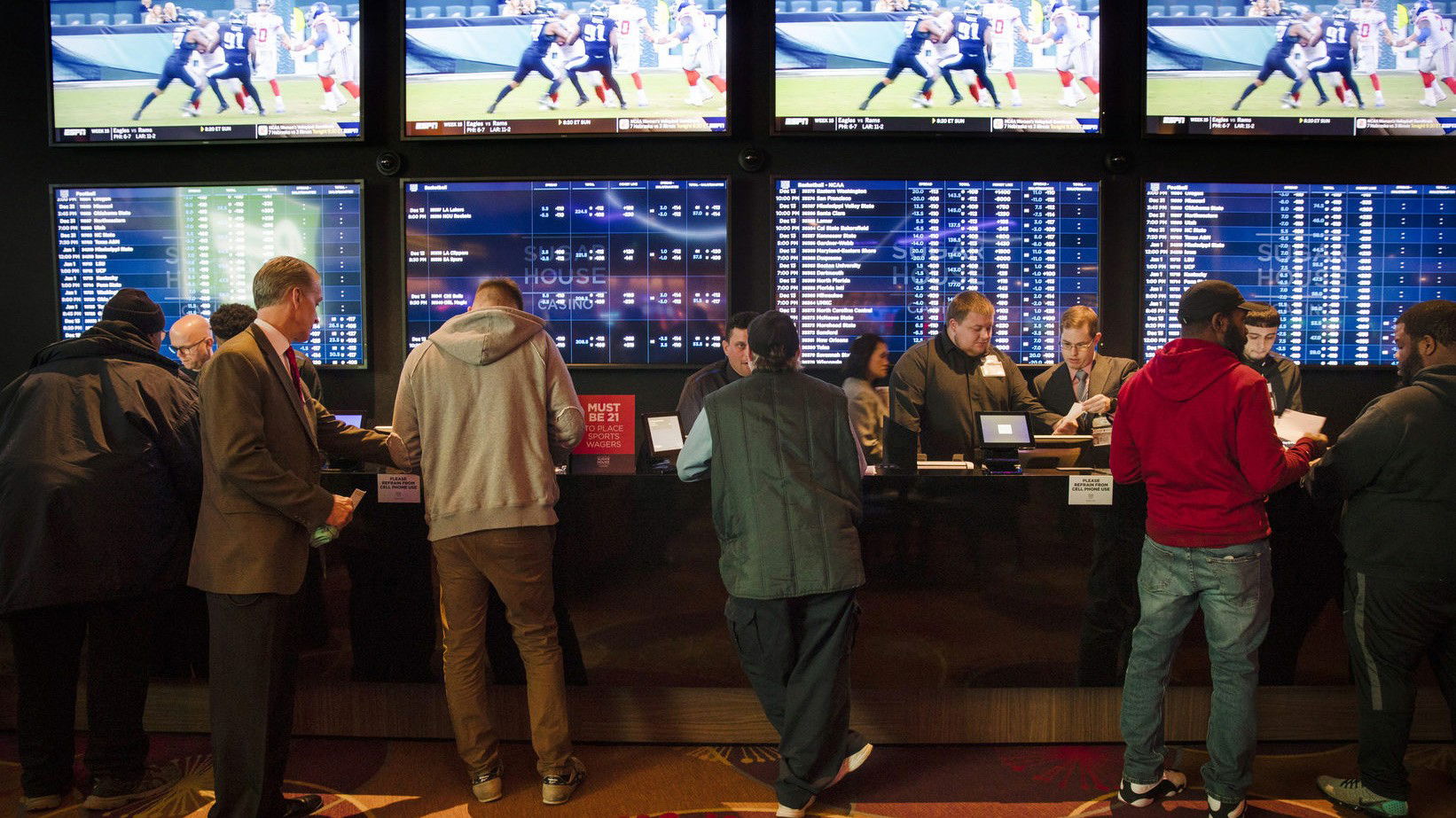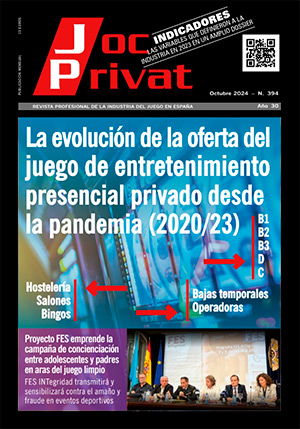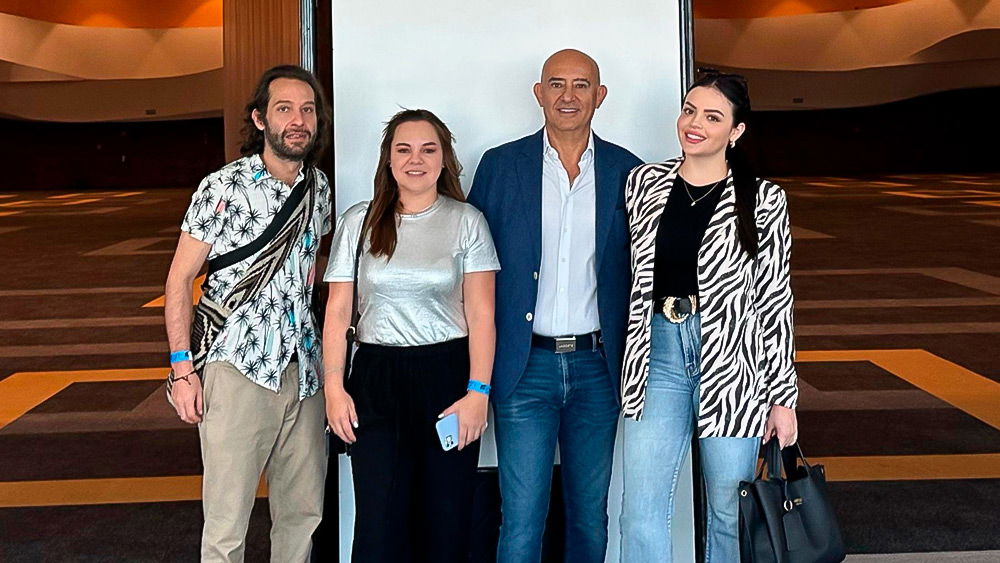New Jersey court to rule on casino taxation dispute involving $55M

A New Jersey appeals court is set to determine if the state is obligated to pay millions more in casino tax revenue to Atlantic County and whether it must collect millions more in local taxes from the Atlantic City gaming industry over the next four years. At least $55 million in local funding hangs in the balance, with the funds to be divided among Atlantic City, its school district, and Atlantic County.
Earlier this month, the state secured a temporary reprieve when the Superior Court of New Jersey Appellate Division granted its motion for an indefinite stay. This decision postponed a lower court's ruling and effectively maintained the 2021 law that reduced the amount Atlantic City casinos pay in lieu of property taxes (PILOT).
The new PILOT program led to the industry paying $55 million less last year than it would have if the law had remained unchanged. By granting the state's motion to stay, the appellate court has allowed the gaming industry to retain millions that it may eventually have to surrender if the lower court's ruling is upheld.
The current dispute over PILOT began in early 2022 when conservative nonprofit Liberty & Prosperity 1776 Inc. filed a lawsuit against the state, claiming that the state Constitution prohibits preferential tax treatment. The original PILOT system calculated the amount due based on three factors for each casino: gross gaming revenue, including online gaming; the number of hotel rooms; and acreage.
However, in 2021, the casinos successfully lobbied for a key legislative change to the formula, excluding online gaming—a rapidly growing sector of their business—from the program. Industry leaders cited the COVID-19 pandemic's impact on business as justification, warning of "grave danger" and potential casino closures.
Despite the state's claims of financial hardship, Atlantic County Superior Court Judge Michael Blee remained unconvinced. In August, he invalidated the amended PILOT, stating, "There is no evidence to suggest that casinos could not meet their PILOT obligations under the Original Act."

Atlantic County Superior Court Judge Michael BleeBlee concluded that the legislation was advanced "to aid what was actually a resurging industry." His opinion echoed the findings of an investigation by The Press of Atlantic City and ProPublica, which revealed that the industry was already recovering from the pandemic slump as it pushed for tax relief.
The state is appealing Blee's decision in that case, one of two lower court rulings involving the new PILOT that the state is contesting. In the second case, Atlantic County has argued that the new PILOT violated a 2018 contract it made with the state, which outlined how much of the PILOT would be distributed to the county. In May, Blee upheld his predecessor's February ruling that the law breached that contract.
Under the new regulations, the county estimates it would receive $19.3 million less over the last five years of the PILOT program, set to end in 2026, than it would have if the original formula had remained in place. The state filed its appeal in the Liberty & Prosperity 1776 case in January, reiterating its claims that the amended PILOT serves a public purpose.
The new law redirects potentially "stranded" Investment Alternative Tax revenue to Atlantic City while "forestalling a potentially ruinous tax hike" for the industry, according to the appeal.
However, Seth Grossman, attorney for Liberty & Prosperity, argues that regulations allow online gaming to be offered only by those with a casino license, and the license must be tied to a brick-and-mortar casino. "That adds value to the real estate. And if you add value to the real estate, you should be taxed on that value," he told The Press.
The Appellate Division has yet to schedule a hearing in either case, and the state has requested oral arguments in the Atlantic County litigation.

















































